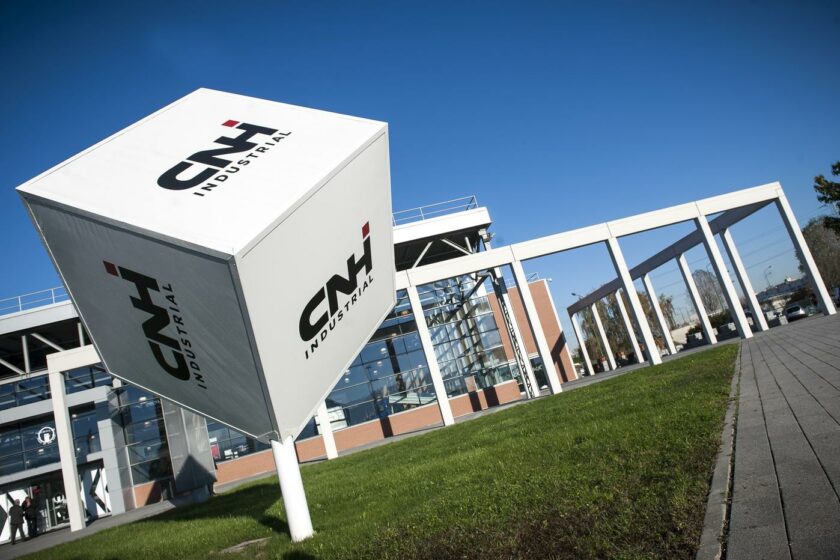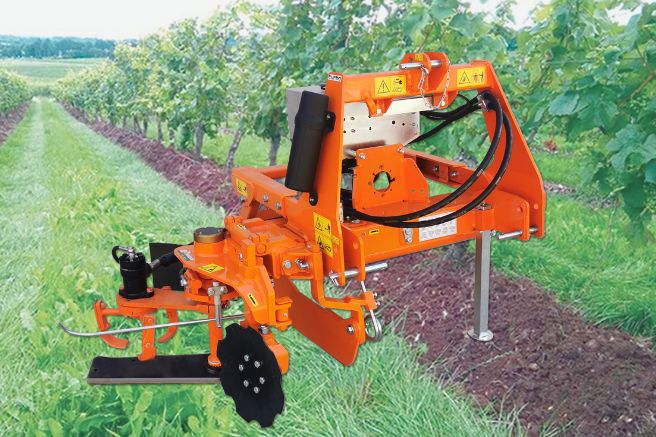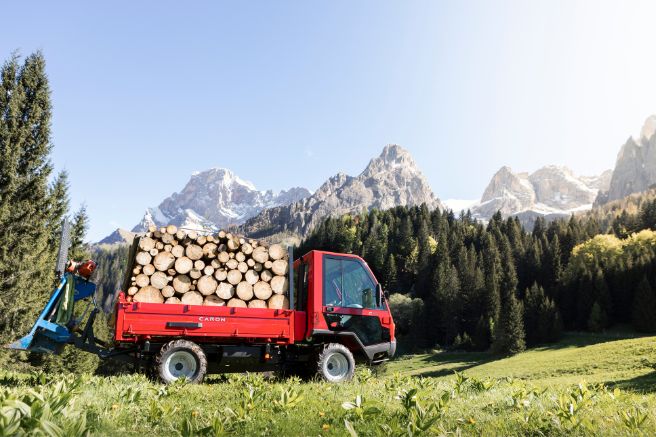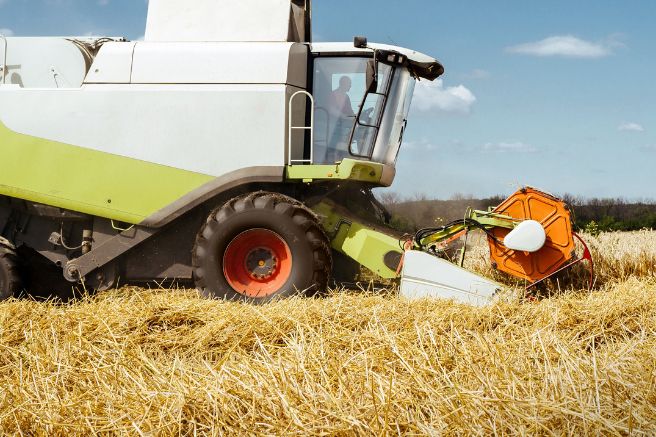
Revenues and Profits Drop by Double Digits for Cnh Industrial in the First Quarter of 2024. The multinational company, which is controlled by Exor, recorded total revenues of $4.818 billion in the first three months of this year, a figure 10% lower than the $5.342 billion achieved in the same period of the previous year. Even more marked is the decline in operating revenues, which decreased by 14% year-on-year, dropping from $4.776 billion in the first quarter of 2023 to $4.131 billion this year. In light of these figures, net profits in the first three months of 2024 saw a reduction of 17% compared to the same period of the previous year, falling from $486 million in 2023 to $402 million this year.
Cnh Industrial has announced plans to address this contraction through cost reduction programs to mitigate the impact of market slowdowns, a strategy in line with what most major industrial groups worldwide typically do and have done in the past. It has become standard practice to respond to market downturns, including those caused by global macroeconomic conditions, with more or less significant cuts in human resources and commercial and production strategies, as if it were unacceptable to experience a contraction phase after prosperous periods. Instead, continuous growth is pursued regardless of all factors.
Continuous growth is difficult
Unfortunately, continuous growth is a chimera in any economic context, with market fluctuations representing the typical behavior of the globalized capitalism on which the entire economic-financial system now rests. Never before in this historical context have large industrial groups in agricultural mechanization boasted record-high revenues and profits, indicating a progressive and generalized upward trend rather than a deep crisis threatening the economic sustainability of their industrial activities.

For this reason, it makes no sense to view brief and temporary recessive phases negatively, engaging in constant organizational and production reorganizations merely to demonstrate to investors a commitment to protecting their dividends. This is especially true in the case of CNH Industrial, whose net profits of $402 million in the first quarter of 2024 are nearly 70% higher than the $264 million the Anglo-Dutch group earned five years ago, in 2019, when the agriculture and construction divisions were accompanied by Iveco and FPT Industrial activities. If we focus instead on the post-spin-off of the on-road activities, current profits are nearly 20% higher than the $336 million CNH Industrial earned in the first quarter of 2022, effectively its debut in its new industrial dimension.
Clearly, this discussion does not involve only Cnh Industrial, which in this case represents merely the occasion and opportunity to comment on corporate policies disconnected from a sensible principle of reality. These policies, conversely, aspire to infinite expansion without tolerating any slowdown, likely fueled by the greed of those investors, such as private equity funds, capable of single-handedly driving the ups and downs of financial markets. Ethics and common sense would instead suggest teaching the speculators the social value of industrial activities and the ability to accept their inevitable fluctuations even within a constant growth trend.
Title: Cnh Industrial, lots of lights, some shadows
Translation with ChatGPT







